Si recientemente ha sufrido lesiones en un accidente de coche en California, puede sentirse abrumado e inseguro sobre los pasos a seguir.
Una pregunta crucial que surge a menudo es: "¿Cuánto tiempo se tiene para presentar una denuncia policial tras un accidente de tráfico?". Es comprensible estar preocupado por los plazos, especialmente cuando se trata de lesiones y el estrés de la situación.
Comprender y cumplir los requisitos legales le ayudará a proteger sus derechos y le asistirá en su proceso de recuperación.
Para hablar con un abogado con experiencia en accidentes de coche en California, por favor llame al (209) 600-4389 o envíenos un mensaje en línea hoy.
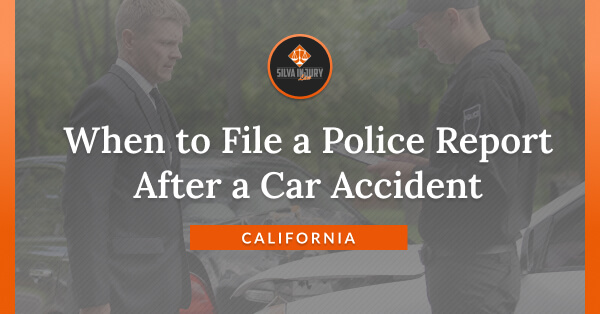
¿Cuánto tiempo hay que avisar a la policía de un accidente de tráfico?
En California, hay requisitos legales específicos que debe cumplir cuando se trata de cómo presentar un informe de la policía por un accidente de coche.
Esto es lo que debe saber:
- Denuncia inmediata. La ley de California obliga a informar del accidente a la policía inmediatamente si hay heridos o víctimas mortales o si el accidente provoca daños materiales importantes (más de 1.000 dólares).
- Plazo de notificación de 24 horas. Si no se envía a ningún agente al lugar de los hechos, debes informar del accidente al departamento de policía más cercano en un plazo de 24 horas.
- Presente un informe ante el DMV. Además, la ley de California le obliga a presentar un "Informe de accidente de tráfico ocurrido en California" (SR-1) ante el Departamento de Vehículos Motorizados (DMV) en un plazo de diez días si el accidente causó lesiones, muerte o daños materiales importantes.
Cumplir estos requisitos es crucial a efectos legales y de seguros, ya que garantizan que todos los datos pertinentes queden registrados oficialmente y estén disponibles para futuras consultas.
Importancia de la denuncia policial
La presentación de un informe policial es vital tras un accidente de tráfico, no sólo para el cumplimiento de la ley, sino también para proteger sus intereses.
Si se pregunta si puede dar parte de un accidente después de abandonar el lugar de los hechos, es importante tener en cuenta que, aunque es preferible presentar un parte inmediatamente, puede dar parte del accidente más tarde si es necesario.
He aquí por qué es tan importante presentar una denuncia policial:
- Acta oficial. Un informe policial proporciona un relato oficial del accidente, con detalles sobre cómo ocurrió, las personas implicadas y los daños o lesiones sufridos. Esta documentación es crucial para las reclamaciones al seguro y los procedimientos judiciales.
- Recogida de pruebas. El informe puede incluir observaciones del agente que responde, que pueden ser decisivas para determinar la culpa y apoyar su caso.
- Tramitación de siniestros. Las compañías de seguros suelen exigir un atestado policial para tramitar las reclamaciones, y sin él puedes tener dificultades para obtener la indemnización a la que tienes derecho.
- Protección jurídica. En algunos casos, no presentar una denuncia se considera un incumplimiento de las obligaciones legales, lo que puede afectar a su capacidad para reclamar una indemnización o defenderse de las reclamaciones.
La presentación de un informe policial crea una base sólida para abordar cualquier cuestión legal o financiera derivada del accidente.
Qué más debe hacer tras un accidente de tráfico
Tras presentar una denuncia policial, varias medidas adicionales salvaguardan su bienestar y sus intereses:
- Busca atención médica. Aunque las lesiones parezcan leves, es esencial que te examine un profesional sanitario. Algunas lesiones pueden no ser evidentes de inmediato, pero podrían tener consecuencias a largo plazo.
- Documente el lugar del accidente. Haz fotos del lugar del accidente, de los daños del vehículo y de cualquier lesión visible que sean pruebas valiosas para apoyar tu reclamación.
- Reúna información. Recoge los datos de contacto y del seguro de todas las partes implicadas, así como la información de contacto de los testigos.
- Avisa a tu compañía de seguros. Informa del accidente a tu compañía de seguros lo antes posible para iniciar el proceso de reclamación.
Cada uno de estos pasos ayuda a crear un registro exhaustivo del accidente, que puede ser crucial para el tratamiento médico y los asuntos legales o de seguros.
Indemnización por daños y perjuicios
Si es usted víctima de un accidente de tráfico por negligencia ajena, puede tener derecho a una indemnización por daños y perjuicios. Los daños que puede recuperar se dividen en categorías económicas y no económicas:
Daños económicos
Los daños económicos se refieren a las pérdidas financieras directamente relacionadas con el accidente, incluyendo:
- Gastos médicos. Gastos de hospitalización, intervenciones quirúrgicas, medicamentos, fisioterapia y cualquier otro servicio sanitario necesario como consecuencia del accidente.
- Salarios perdidos. Indemnización por los ingresos perdidos debido a la incapacidad para trabajar mientras se recupera de sus lesiones.
- Daños materiales. Gastos asociados a la reparación o sustitución de su vehículo y otros bienes dañados.
Se necesitará documentación como facturas, recibos y talones de pago para respaldar su demanda de daños y perjuicios.
Daños no económicos
Los daños no económicos se refieren a los efectos intangibles del accidente y pueden ser más difíciles de cuantificar.
Entre ellas figuran:
- Dolor y sufrimiento. Indemnización por el dolor físico y la angustia emocional experimentados debido al accidente y sus secuelas.
- Pérdida del disfrute de la vida. Daños y perjuicios por el impacto en su capacidad para realizar actividades cotidianas y aficiones de las que disfrutaba antes del accidente.
- Angustia emocional. Indemnización por el impacto psicológico del accidente, como ansiedad, depresión u otras dificultades emocionales.
Comprender estas categorías de daños y cómo se aplican a su situación le ayuda a evaluar mejor la indemnización a la que puede tener derecho y a asegurarse de recibir una compensación adecuada por todos los efectos del accidente.
¿Tiene preguntas Nosotros su demanda del accidente de coche? Contacto Silva Injury Law
En Silva Injury Law, centramos nuestra práctica en la curación a través de la defensa compasiva. Le tratamos como familia y estamos con usted cada paso de la manera. Miramos hacia fuera para sus mejores intereses y confiamos a alcanzar el mejor resultado posible para usted.
Nuestro equipo legal tiene experiencia representando a clientes que sufrieron lesiones debido a los actos negligentes, imprudentes o intencionales de otro. Usted puede sentirse perdido y tener preguntas sin respuesta acerca de cómo proceder con su caso, pero estamos aquí para proporcionar las respuestas.
Practicamos la ley con los más altos estándares éticos en la profesión legal y lograr resultados positivos, habilidades, y una dedicación a trabajar duro para usted. Sabemos que el dinero puede ser apretado como usted lucha a raíz de su accidente.
Por eso nunca cobramos dinero a nuestros clientes por llevar sus casos por adelantado. Ofrecemos una consulta gratuita en persona o a distancia para discutir su caso y responder a sus preguntas.
Contacto en línea o llame al (209) 600-4389 hoy para programar una consulta gratuita y aprender más acerca de cómo Silva Injury Law puede ayudarle.

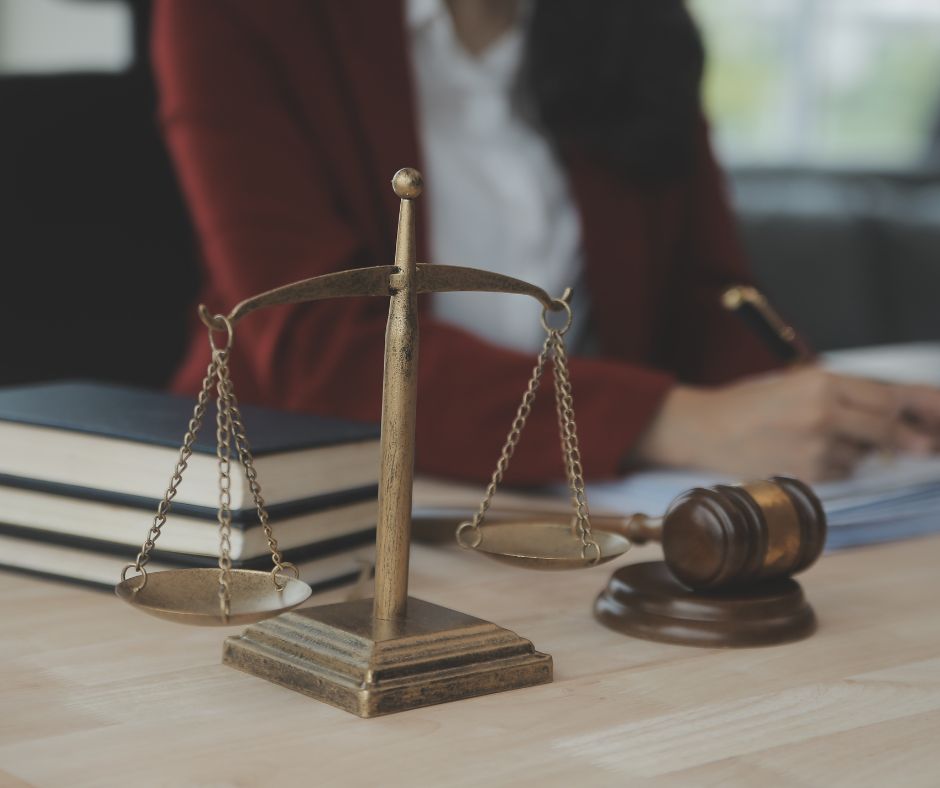


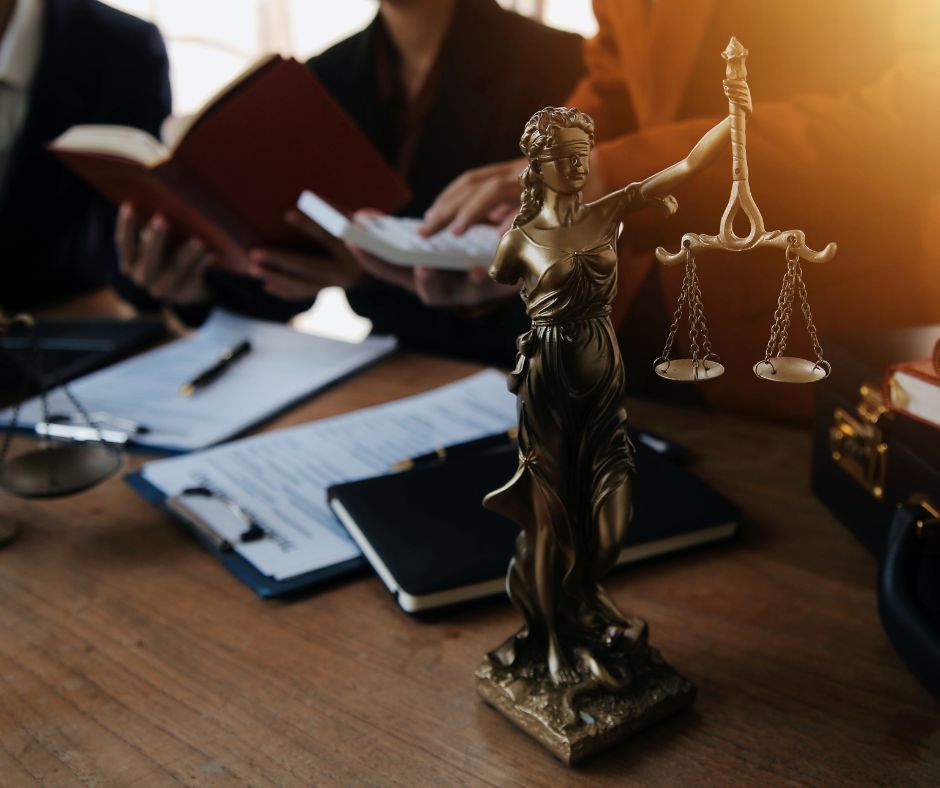
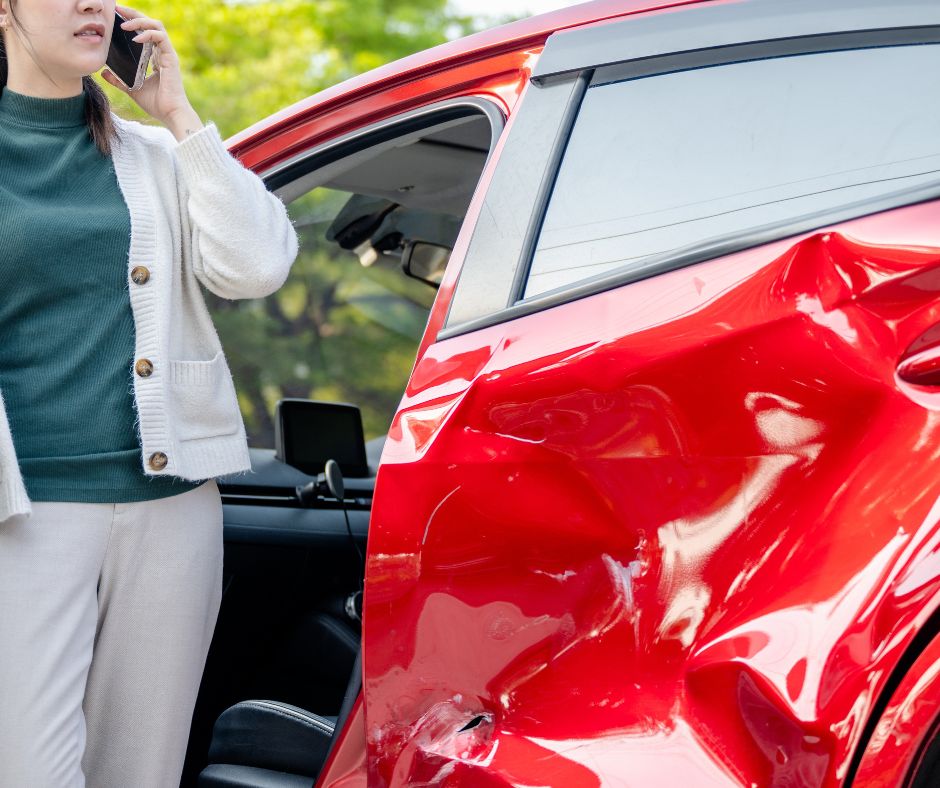
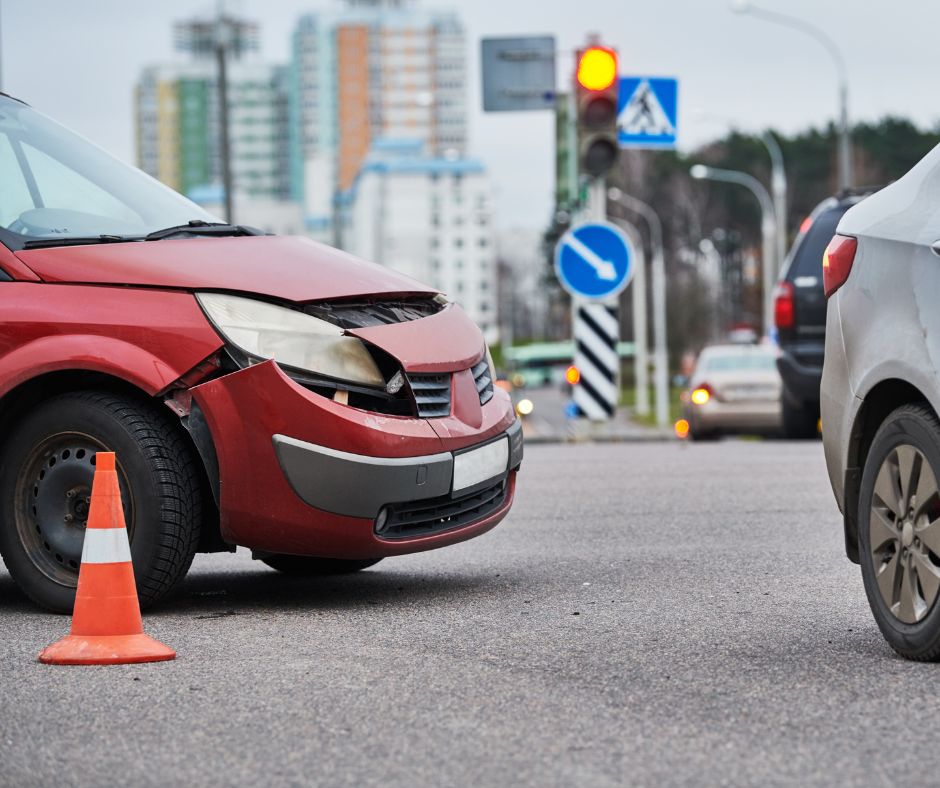



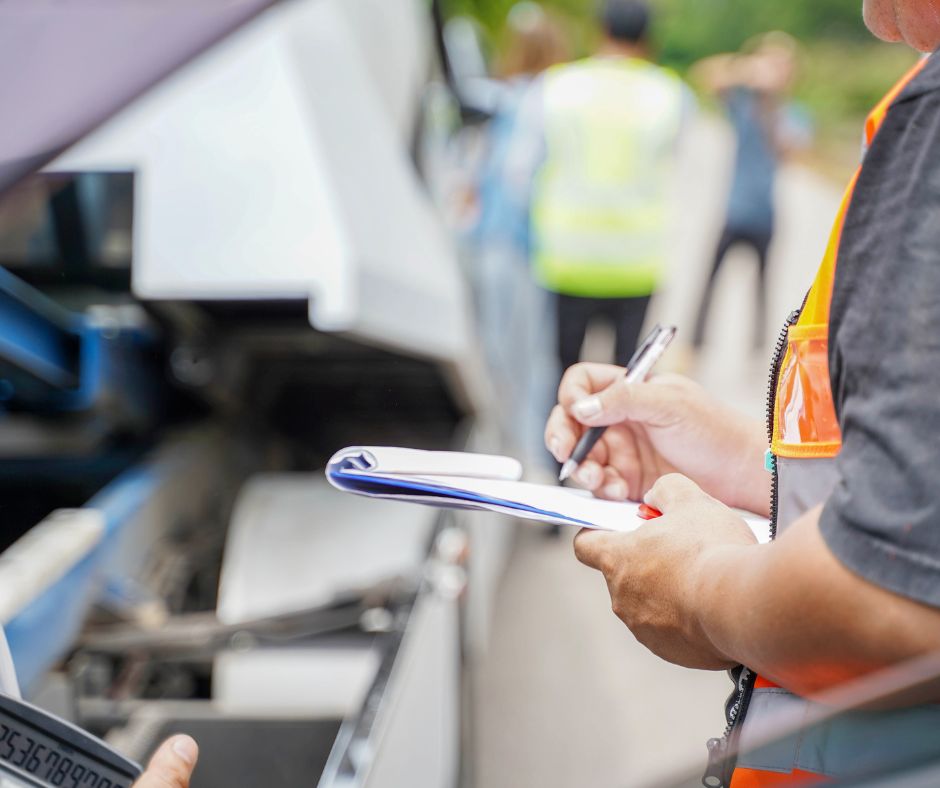

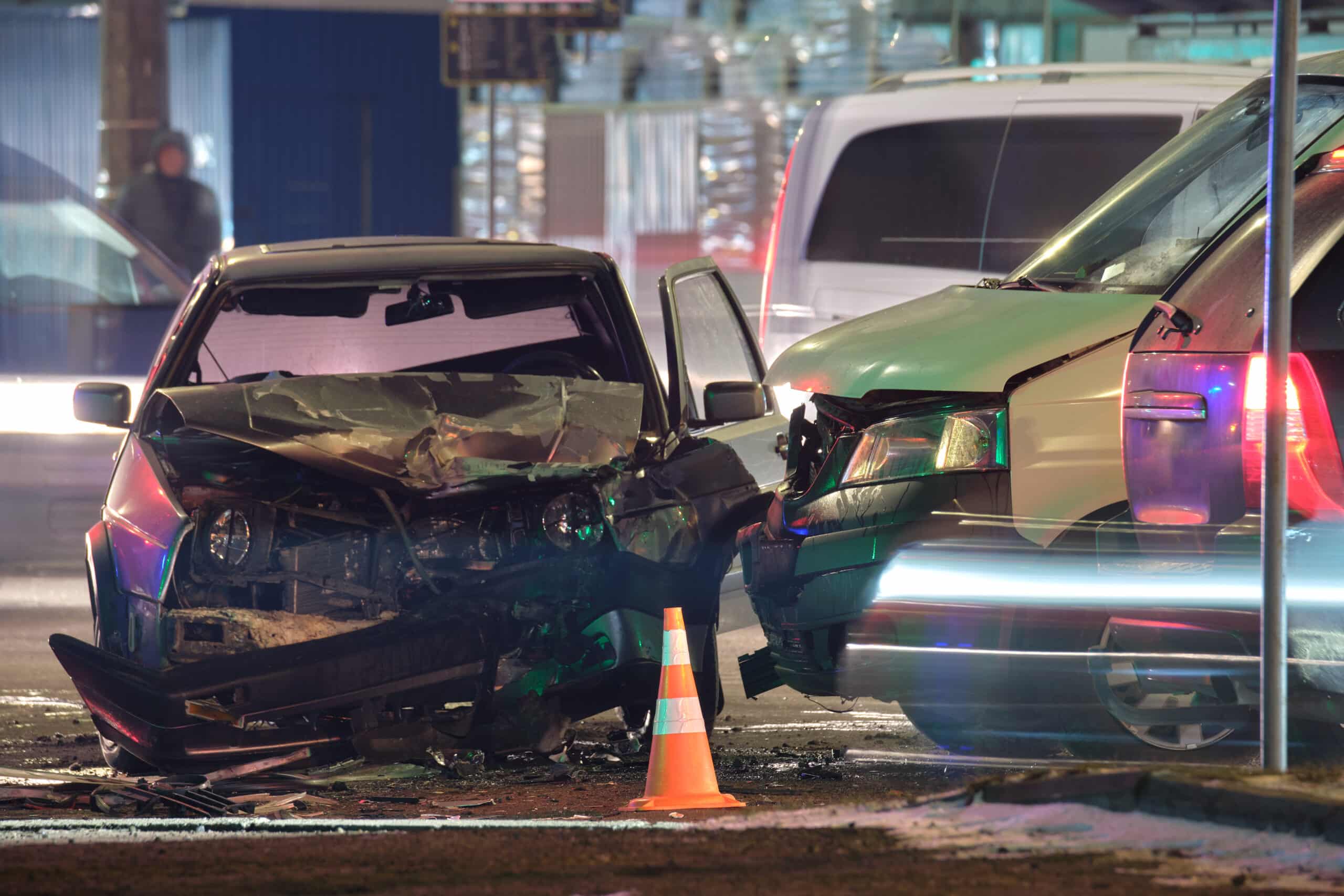




 EMAIL
EMAIL  Pregunte a AI
Pregunte a AI  Acceda a
Acceda a